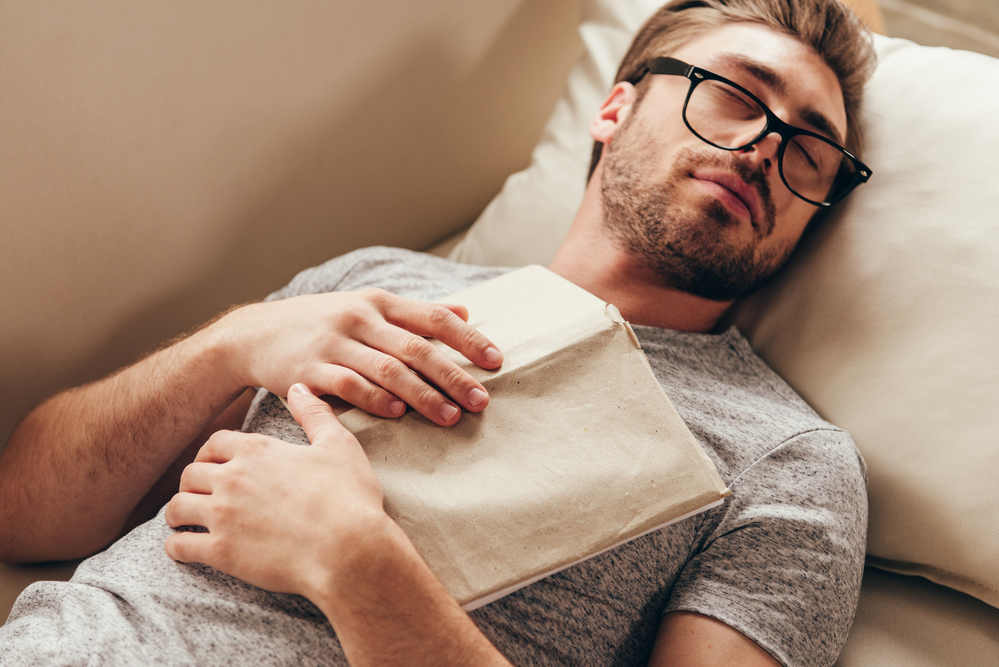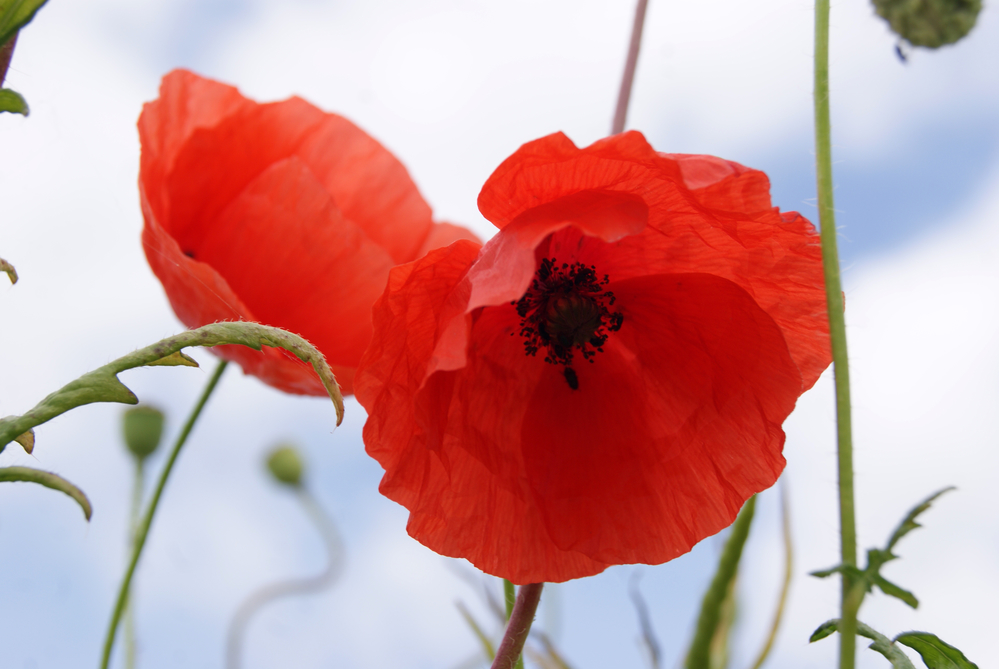Oversleeping increases your risk of getting cancer
 Sleeping duration and sleep timing may associate with cancer incidence, according to a recent study published in the journal Sleep.
Sleeping duration and sleep timing may associate with cancer incidence, according to a recent study published in the journal Sleep.
The cohort study recruited 45,984 Canadians aged 35-69. Researchers investigated their self-reported sleep duration and assess their sleep time midpoint. The cancer incidence data were collected from the cancer registry.
The results showed that people who sleep over 9 hours per night are more likely to develop non-Hodgkin lymphoma cancer, compared to those who sleep 7-9 hours a night. Besides, a later sleep timing is associated with an increased risk of combined and breast cancer.
A previous study published in the Journal of the American Heart Association also showed that sleeping more or less than 7–8 hours per night could be bad for health, with too much sleep being worse than too little.
Insufficient sleep is very common in the younger generation who are occupied with loads of work and study. There are some tips that can help people fall asleep quickly.
Don’ts
1. Do not do intense exercise two hours before going to bed. Exercise would make the brain and the body excited.
2. Avoid doing housework an hour before going to bed. You may only have time to do housework at night, but you can have it done as early as possible.
3. Shut down your mobile phone at least half an hour before going to bed, and preferably put it away from the bed. Playing with mobile phones before sleep will make your brain difficult to calm down for a sleep.
4. Do not watch too much TV. For the old generation who love watching TV, it is better to choose some boring programs that help people fall asleep.
Dos
1. Sit on the sofa and enjoy some light music before going to bed.
2. Do some relaxation training half an hour before going to bed if you can’t relax anyway. Choose a comfortable position and slowly adjust the rhythm of your breathing.
3. Have a reading before going to bed. It is best to choose books whose content won’t excite your brain.


